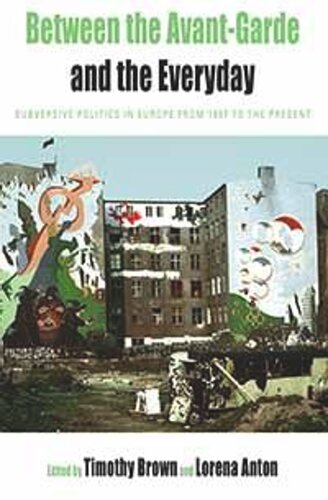

Most ebook files are in PDF format, so you can easily read them using various software such as Foxit Reader or directly on the Google Chrome browser.
Some ebook files are released by publishers in other formats such as .awz, .mobi, .epub, .fb2, etc. You may need to install specific software to read these formats on mobile/PC, such as Calibre.
Please read the tutorial at this link: https://ebookbell.com/faq
We offer FREE conversion to the popular formats you request; however, this may take some time. Therefore, right after payment, please email us, and we will try to provide the service as quickly as possible.
For some exceptional file formats or broken links (if any), please refrain from opening any disputes. Instead, email us first, and we will try to assist within a maximum of 6 hours.
EbookBell Team

5.0
60 reviewsThe wave of anti-authoritarian political activity associated with the term “1968” can by no means be confined under the rubric of “protest,” understood narrowly in terms of street marches and other reactions to state initiatives. Indeed, the actions generated in response to “1968” frequently involved attempts to elaborate resistance within the realm of culture generally, and in the arts in particular. This blurring of the boundary between art and politics was a characteristic development of the political activism of the postwar period. This volume brings together a group of essays concerned with the multifaceted link between culture and politics, highlighting lesser-known case studies and opening new perspectives on the development of anti-authoritarian politics in Europe from the 1950s to the fall of Communism and beyond.